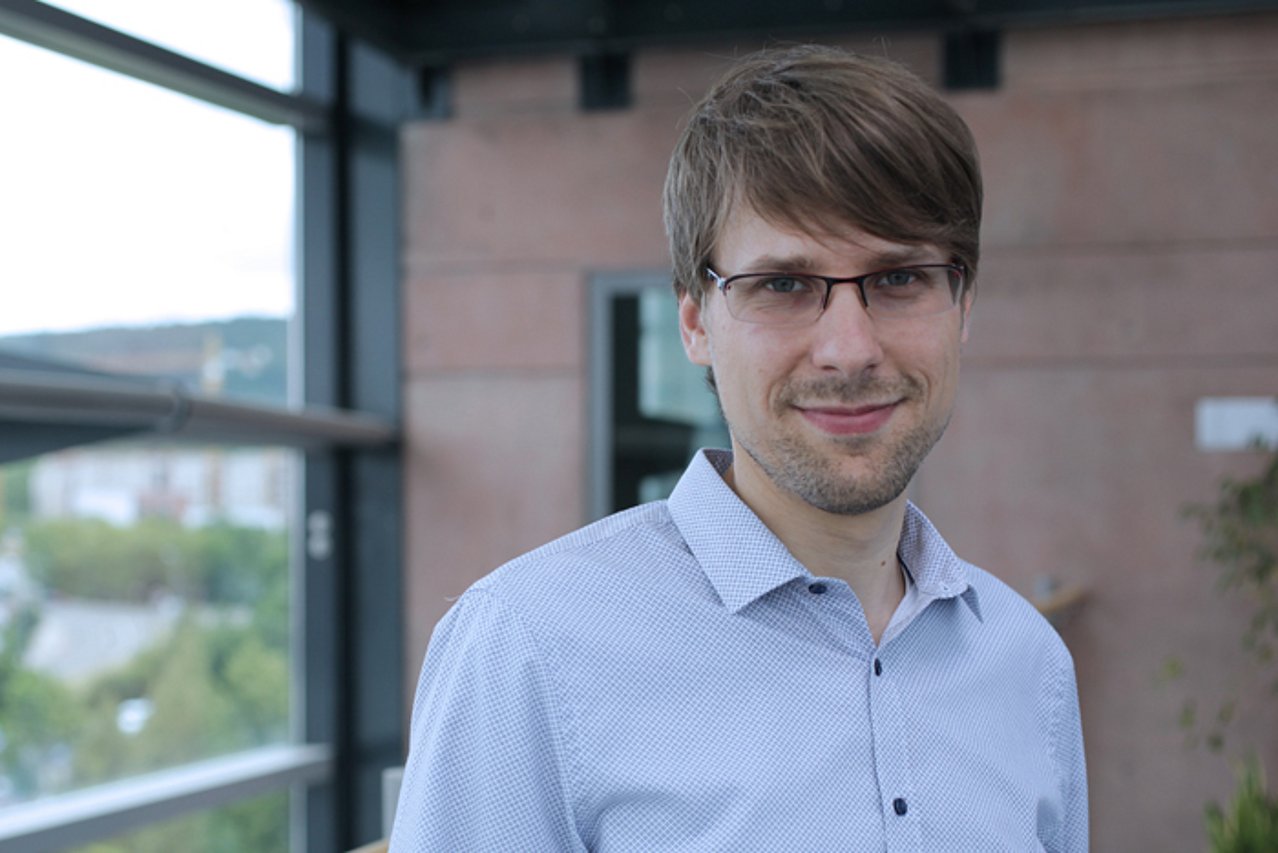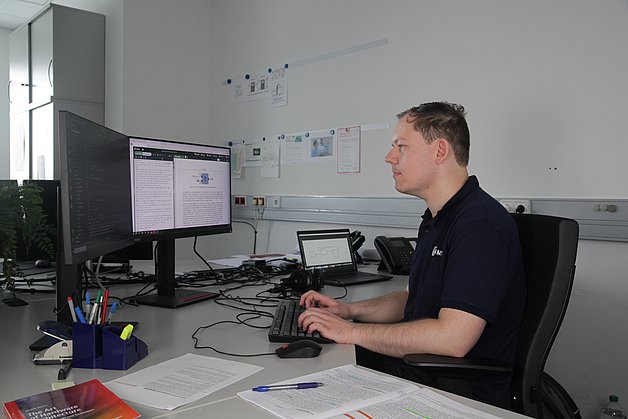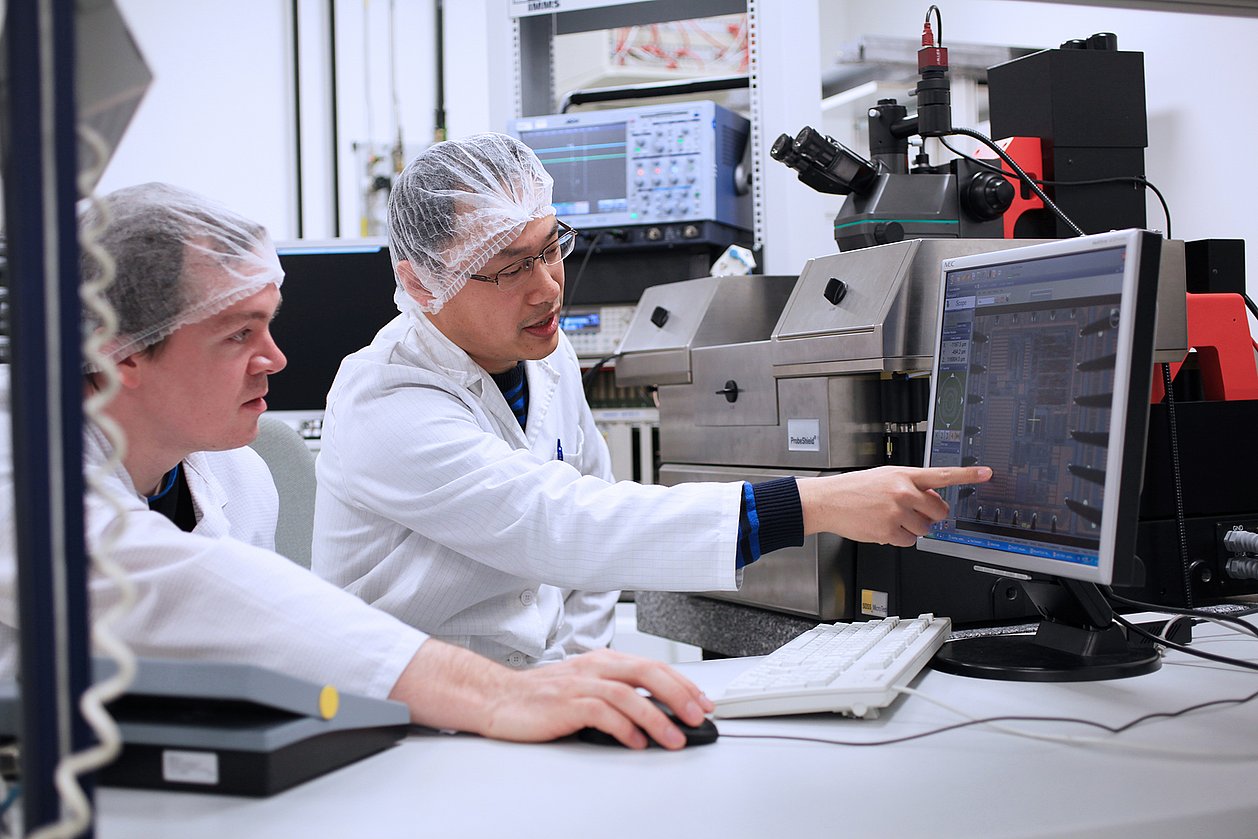IC design methods
We develop new methods and tools for your system-on-chip and FPGA designs to master the increasing complexity of integrated systems and thus further increase performance. We provide you with the experience and solution approaches from our system developments and IC designs for your projects and ideas.
Our focus is to reach the goal efficiently: We decide pragmatically and question the application of our tools – from AI to classical analysis methods – to ensure a secure and trustworthy design.
Your practical knowledge in application and our know-how on methods are at the heart of this. We offer you the environment and the team to make your project a success – from the first brainstorming to the finished system. With us, you can discuss a wide variety of ideas and novel concepts, evaluate them and improve them through to product development.
- Provision and further development of software for computer-aided fault analysis, e.g. analysis of measurement data, parasitic impact analysis for on-chip EMC bug fixing, pre-layout symmetry analysis
- Provision and further development of software for automatic model generation, e.g. AI-based generation of mixed-signal energy consumption models, generation of model checks (operating condition check on block and system level)
- Setup and maintenance of FPGA and IC design environments, e.g.: Git-based regression environments, simulator-in-the-loop testing of signal processing units (linking simulator/FPGA prototype to Matlab, Octave or Python algorithms)
- AI-based analysis of design data, e.g.: automatic reviews of IC and PCB layouts
- Trainings and workshops
- Framework for AI-based analysis of design and test data
- Framework for automated model generation and model checks
- Development environment for the integration of regression tests and test driven design for hardware development
- Machine Learning (Python, TensorFlow)
- Analog Flavor Waveform Reader
- Cadence design tools
- OpenSource simulators (Icarus Verilog, Verilator)
- Simulator interfaces (Python-based, cocoTB,...)
- Agile project and code management with Git
- Fabs
- System houses
- IP vendors
- SMEs with FPGA demand
Contact
Contact
Eric Schäfer, M. Sc.
Head of Microelectronics / Branch Office Erfurt
eric.schaefer(at)imms.de+49 (0) 361 663 25 35
Eric Schäfer and his team research Integrated sensor systems, especially CMOS-based biosensors, ULP sensor systems and AI-based design and test automation. The results are being incorporated into research on the lead applications Sensor systems for in-vitro diagnostics and RFID sensor technology. It will assist you with services for the development of Integrated circuits and with IC design methods.
Related content
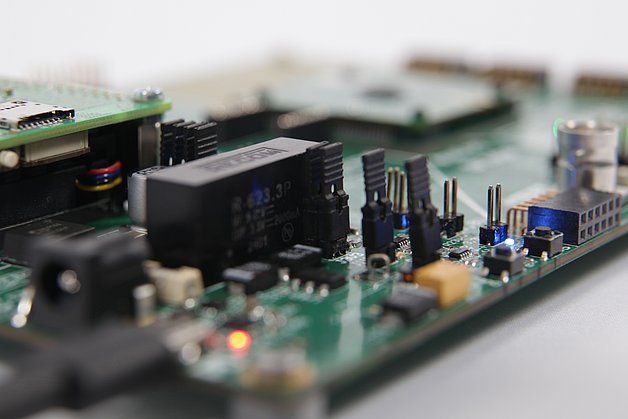
Project
VE-VIDES
Against hacker attacks: Innovative chip architectures, modelling and verification methods for trustworthy electronics
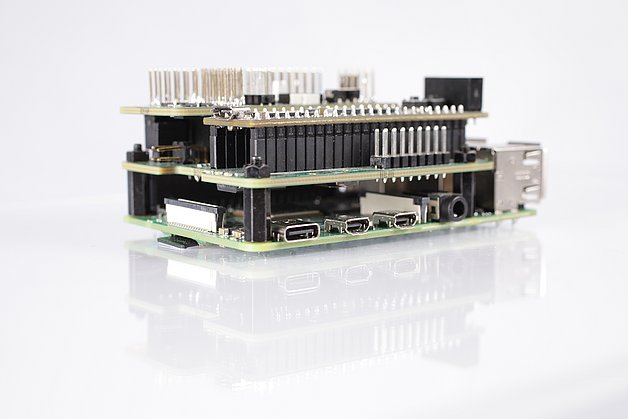
Project
VE-ARiS
IMMS developed copy protection solutions for integrated circuits to secure the know-how of partners
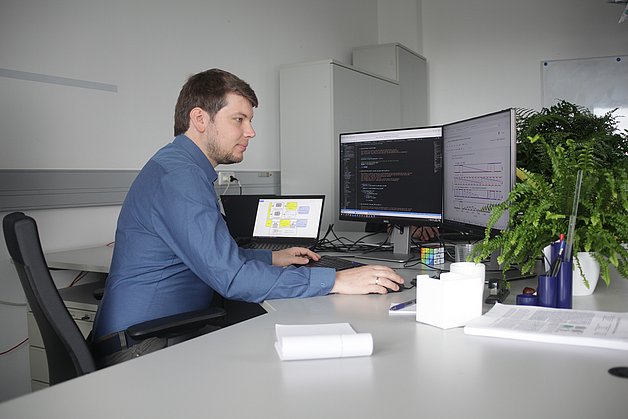
Project
KI-EDA
IMMS developed smart models and tes methods for the design of sensor and control chips for I4.0 applications
Reference
Christian Paintz, Melexis
“Particularly in the evaluation of measurement data, IMMS has impressively demonstrated that a learning algorithm is on a par with manual evaluation – while saving a great deal of time. We are also continuing to pursue methods for circuit and layout analysis, as we see great research and application potential here as well.”
Reference
Dr.-Ing. Dirk Nuernbergk, Melexis
“The institute has developed and implemented a program that automatically finds and evaluates critical parasitics even at the design stage. In consequence, layout optimisation, which normally takes so long, is massively accelerated. In a very short time, we were able to identify the problematic points in three circuits.”

Reference
Dr. Dieter Treytnar, edacentrum
“The idea became the edaBarCamp, a ‘non-conference’. As its name suggests, it was to be the first BarCamp in the field of EDA. It was organised by the edacentrum, IMMS and OFFIS. Thanks to the support given by IMMS on organisation and content, the first edaBarCamp was so successful that everybody agreed to repeat it in future years.”
Before It Hits the Chip: A Gentle Introduction to Mixed-Signal IC Verification
Martin Grabmann1.ISSOM 25, International Summer School on Microelectronics, 25. - 29. August 2025, Leibniz-Universität Hannover, Hannover, Germany
1IMMS Institut für Mikroelektronik- und Mechatronik-Systeme gemeinnützige GmbH, Ehrenbergstraße 27, 98693 Ilmenau, Germany.Trust is Good, Monitoring is Better: FPGA- & TEE-Based Monitoring for Malware-Detection
Friederike Bruns1. Georg Gläser2. Florian Kögler2. Jonas Lienke2. Nithin R. Nanjundaswamy3. Gregor Nitsche3. Behnam R. Perjikolaei4. Jörg Walter4.13th IMA International Conference on Modelling in Industrial Maintenance and Reliability MIMAR2025, July 8-10, 2025, Université de Lorraine, France, DOI: doi.org/10.19124/ima.2025.01.25
1Carl von Ossietzky Universität Oldenburg, Oldenburg, Germany. 2IMMS Institut für Mikroelektronik- und Mechatronik-Systeme gemeinnützige GmbH, Ehrenbergstraße 27, 98693 Ilmenau, Germany. 3DLR Institut für Systems Engineering, Oldenburg, Germany. 4OFFIS e.V. Institut für Informatik, Oldenburg, Germany.Clock Gate Insertion with a Yosys-based Netlist Modification Tool
Manuel Jirsak1. Adrian Pitterling1. Jonas Lienke1. Georg Gläser1.FPGA Ignite Summer School, 5. - 9. August 2024, Heidelberg, Germany
1IMMS Institut für Mikroelektronik- und Mechatronik-Systeme gemeinnützige GmbH, Ehrenbergstraße 27, 98693 Ilmenau, Germany.Propagation Delay Estimation for Mixed-Signal Modeling of Comparators
Martin Grabmann1. Eric Schäfer1. Georg Gläser1.2024 20th International Conference on Synthesis, Modeling, Analysis and Simulation Methods and Applications to Circuit Design (SMACD), Volos, Greece, July 02-05, 2024, pp. 1-4, DOI: doi.org/10.1109/SMACD61181.2024.10745467
1IMMS Institut für Mikroelektronik- und Mechatronik-Systeme gemeinnützige GmbH, Ehrenbergstraße 27, 98693 Ilmenau, Germany.


